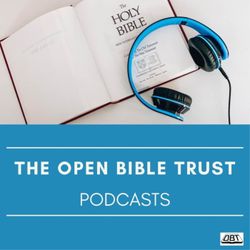Latest episode
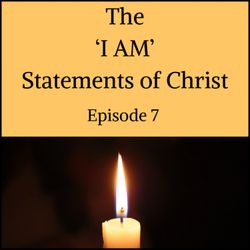
7. The ‘I AM Statements of Christ’ - I AM the way, the truth and the life
27:27||Season 5, Ep. 7This ‘I AM statement’ was not said to the public, but just to the disciples. Why? And Jesus spoke about ‘My Father’s house’. Was this the temple or an allegorical reference to heaven?
More episodes
View all episodes
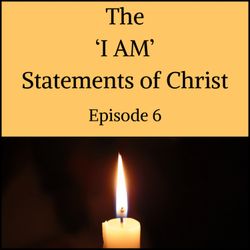
6. The ‘I AM Statements of Christ’ - I AM the resurrection and the life
28:25||Season 5, Ep. 6Lazarus was dead, but Jesus declared ‘I AM the resurrection and the life’ to Lazarus’ to his grieving sister, Martha. But did that comfort her? Well ... What He did next certainly did!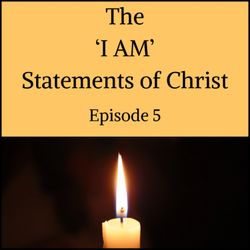
5. The ‘I AM Statements of Christ’ - I AM the good shepherd
31:31||Season 5, Ep. 5Having stated that “I AM the gate for the sheep”, Jesus then says “I AM the good shepherd” while, at the same time, accusing the Jewish leaders of being bad shepherds, behaving as hired hands who cared nothing for the sheep.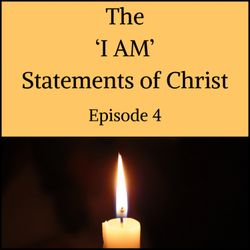
4. The ‘I AM Statements of Christ’ - I AM the gate for the sheep
29:20||Season 5, Ep. 4“I AM the Gate for the Sheep” is one of the less well-known, or popular, I AM statements of Christ. However, the teaching behind it is profound. We find in John 10:1-10.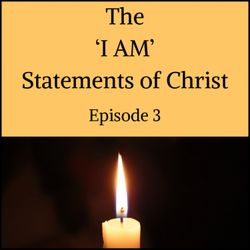
3. The ‘I AM Statements of Christ’ - I AM the light of the world
29:43||Season 5, Ep. 3When Jesus said “I am the light of the world”, the temple and Jerusalem were lit up by four massive menorahs standing 75 feet high in the Court of the Women. They symbolised the pillar of fire that Israel followed in the wilderness but now … the true “light of the world” was in their midst. Would they follow Him?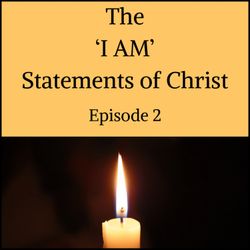
2. The ‘I AM Statements of Christ’ - I AM the bread of life
26:55||Season 5, Ep. 2“I AM the bread of life” is a well-known saying of Jesus, but what did He mean when He said they had to ‘eat’ His body and ‘drink’ His blood? This is a good discussion of John chapter 6.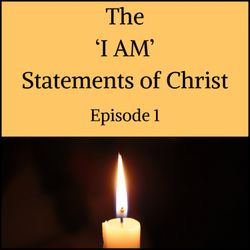
1. The ‘I AM Statements of Christ’ - The Meaning of 'I AM'
23:59||Season 5, Ep. 1In this opening episode Sylvia Penny interviews W M Henry and Michael Penny and they first discuss the origins of ‘I AM’ in Exodus and its use in Isaiah. Then they consider how Jesus uses the words of Himself and the reaction of the Jewish leadership to Christ claiming to be the great ‘I AM’.
